A Vietnamese trainee in Japan (Photo: Dao Thanh Tung/VNA)
To deal with the challenges of attracting foreign workers, the Japanese government has introduced new policies such as allowing high-salary earners to apply for permanent residence after one year of working in Japan, and allowing graduates from elite universities to stay for an additional two years to find work.
In particular, for the technical intern recruitment program, which has the largest number of Vietnamese workers and contributes a significant workforce to industries and rural areas that are experiencing labor shortages, the government has promoted the Specified Skills 1 program, mainly targeting interns who have completed their contracts.
Under this program, trainees, after completing their labor contracts with Japanese enterprises, will be given the opportunity to apply for a Specified Skill 1 visa to work for another 5 years in Japan as workers with full benefits like their Japanese colleagues in the same position.
In addition, in the context of the technical intern program being criticized for its restrictive terms such as low wages and no job transfers, the government is planning to loosen some regulations such as allowing interns to change workplaces or reducing the expenses that interns have to pay.
Many foreign interns and students who come to Japan to learn new skills often work for minimum wage.
The government has introduced a new program to provide foreign workers with wages equivalent to those of Japanese workers doing the same job.
A better system is needed to raise wages for foreign workers as their salaries are 25 percent lower than the national average, an expert said.
On the Japanese side, despite facing difficulties due to rising costs, many businesses are trying to maintain income levels for foreign workers.
Hoa, an intern working for a Japanese garment company in Ehime Prefecture, said that although the company is struggling due to rising input costs, from fuel to raw materials, her monthly income has not been cut.
Because the cost of living in the countryside is lower than in the city, and she can grow her own vegetables in the dormitory garden, she can still send home the same amount of money every month as before, even though the value of Vietnamese currency has decreased.
In addition, some Vietnamese in Japan are considering alternative paths, such as opening small businesses in Vietnam using savings from working in Japan. This shift toward entrepreneurship reflects a desire to have more control over their financial future.
However, experts still say Japan needs to do more than raise wages to attract workers.
The average foreign worker in Japan pays 10% income tax, a higher rate than many Vietnamese and Filipinos pay back home.
Fourth Valley Concierge, a Tokyo-based human resource services company, set up a base in Nepal to provide Japanese language courses for workers in nursing care and other industries.
The company also plans to set up a telephone consultation center in Japan to advise foreign residents on life in the country.
The government also implements many policies to create more favorable living conditions for foreign workers in Japan.
A Vietnamese intern at Taisei Industrial Co., Ltd. in Kanagawa Prefecture (Photo: Dao Thanh Tung/VNA)
With the policy of promoting a multicultural symbiotic society, respecting the cultural differences of foreigners, the government has promoted the establishment of support agencies, improved regulations on salary payments, subsidies, social welfare, insurance...
Local governments are also stepping up efforts to include multicultural community activities and support for foreigners as regular activities. These activities are also factors that help foreign workers continue to work in Japan despite declining incomes.
“We will know in the next few months how many foreign workers will choose greener pastures,” warned one Japanese expert. “That could have a huge impact on businesses that are struggling to fill vacancies. The consequences for Japan’s economy and society could be dire indeed.”
“The era of foreign workers coming to Japan without us doing anything will soon end,” said Yohei Shibasaki, founder and CEO of Fourth Valley. “Now we have to change our perspective and learn how to go out and find workers from overseas.”
According to VNA
Source link


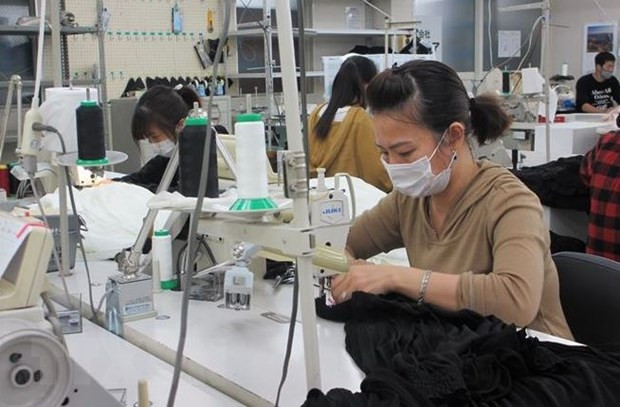
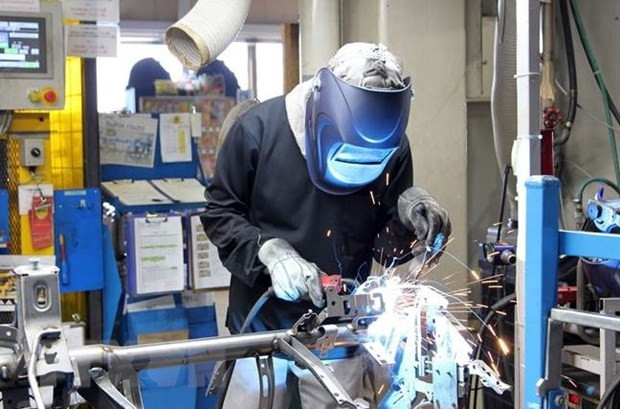


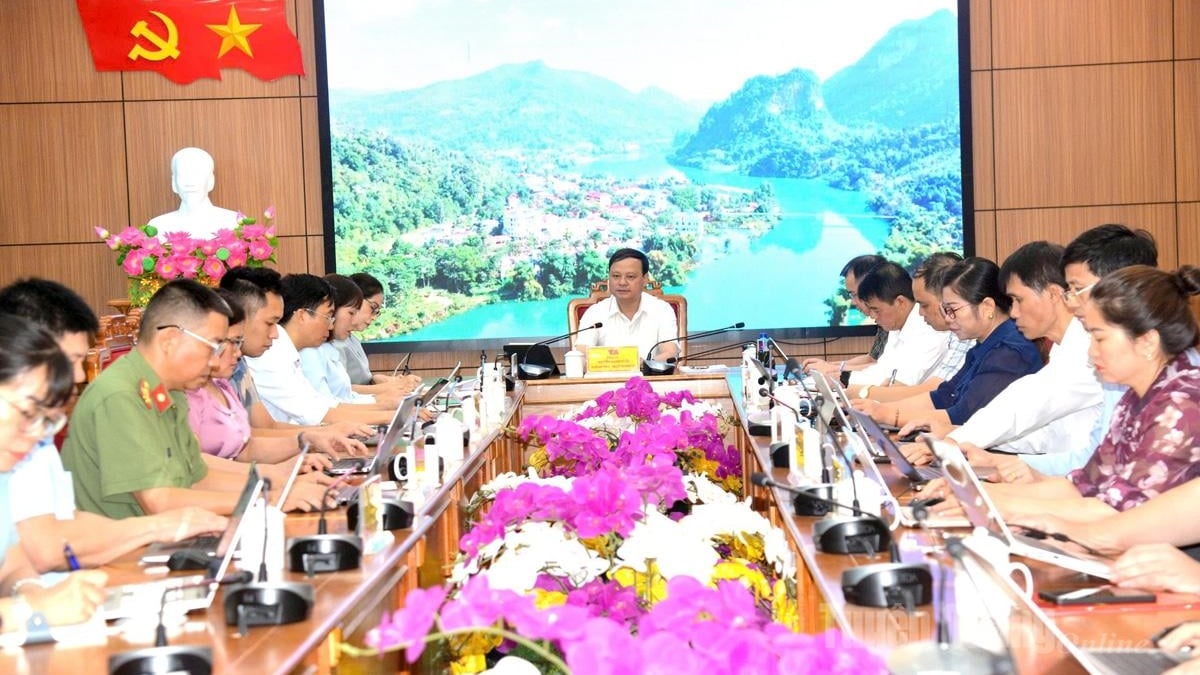
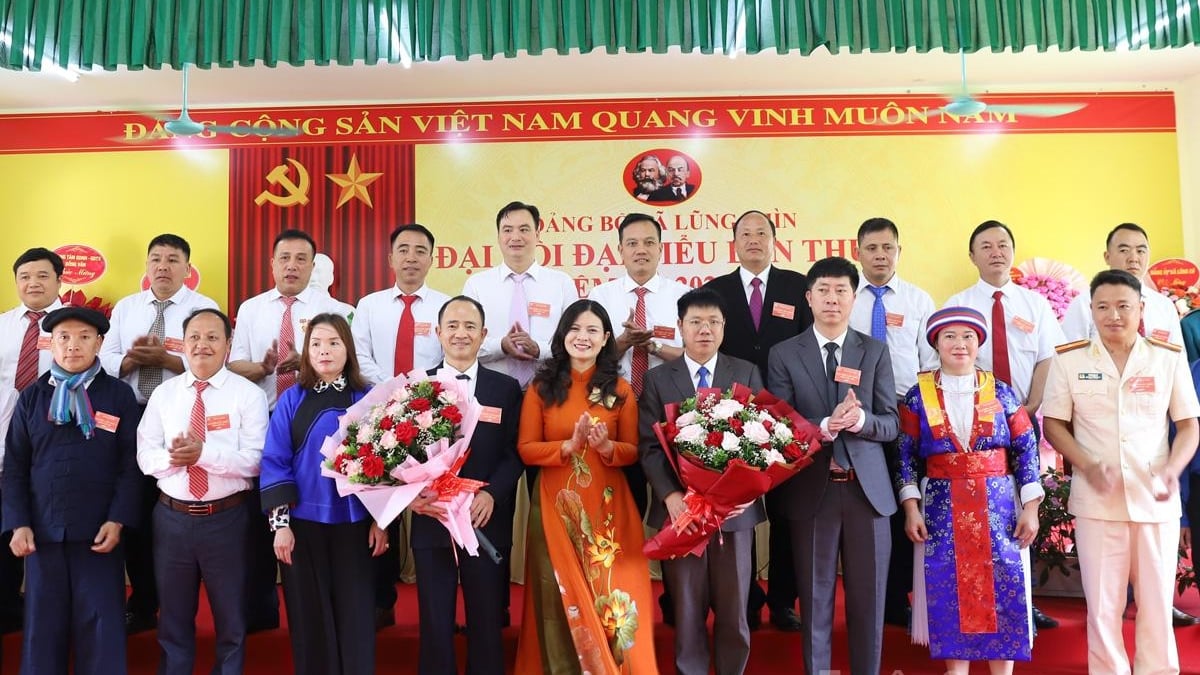
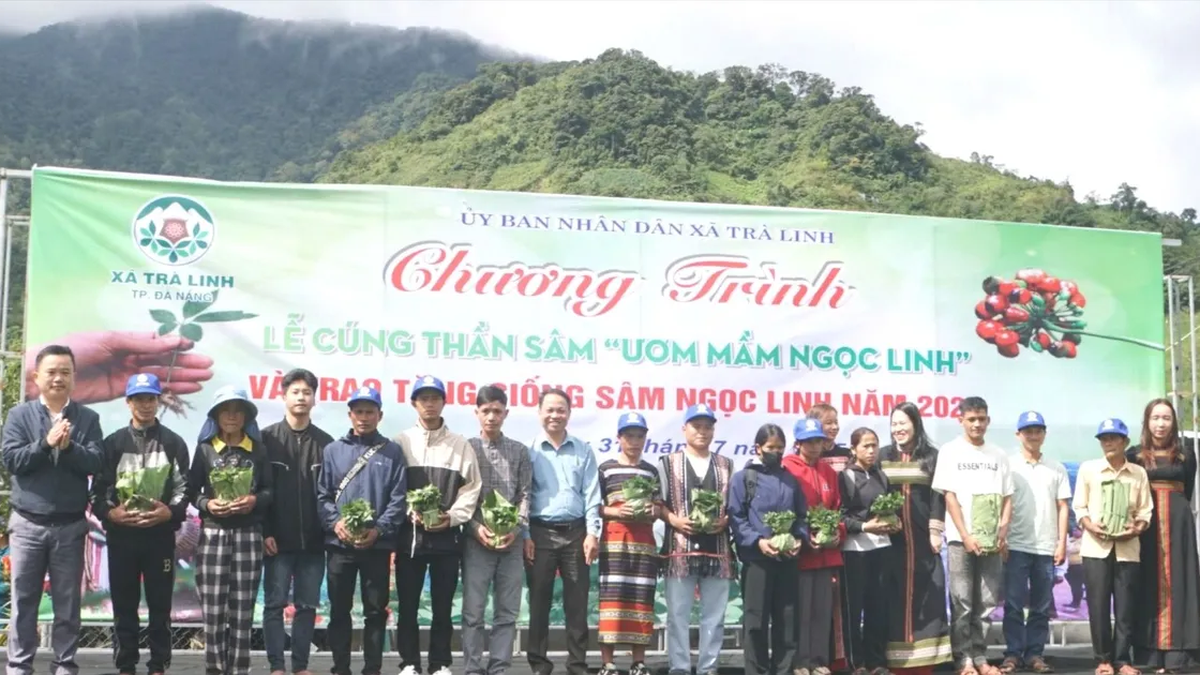
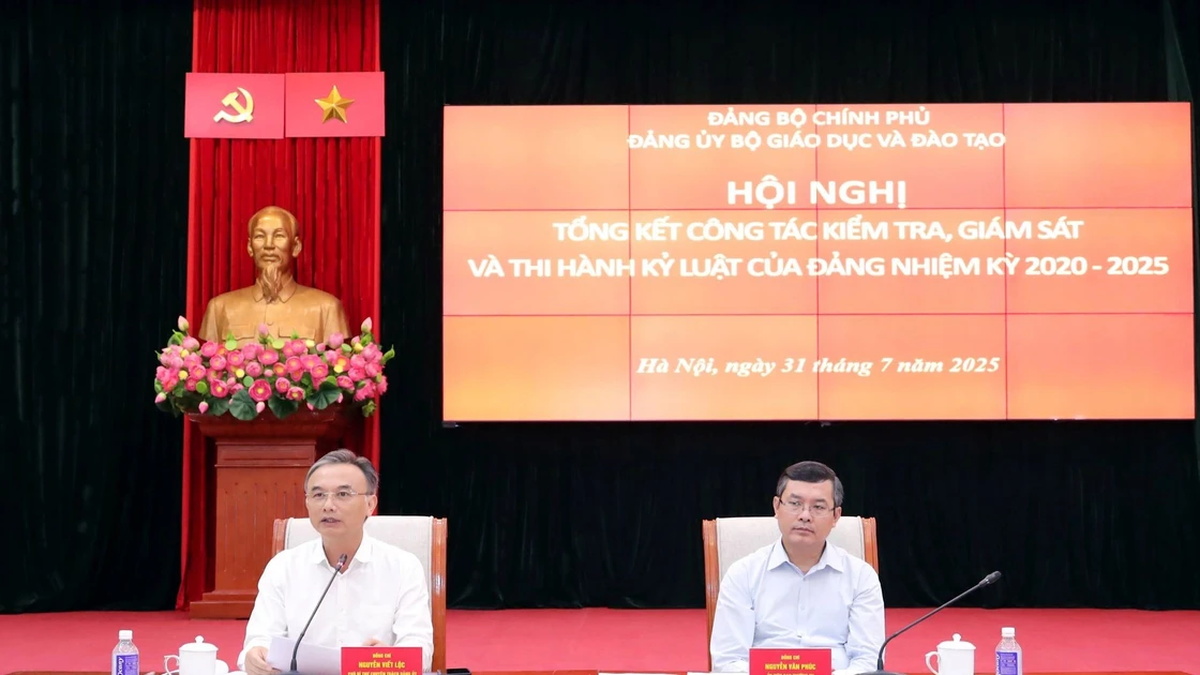
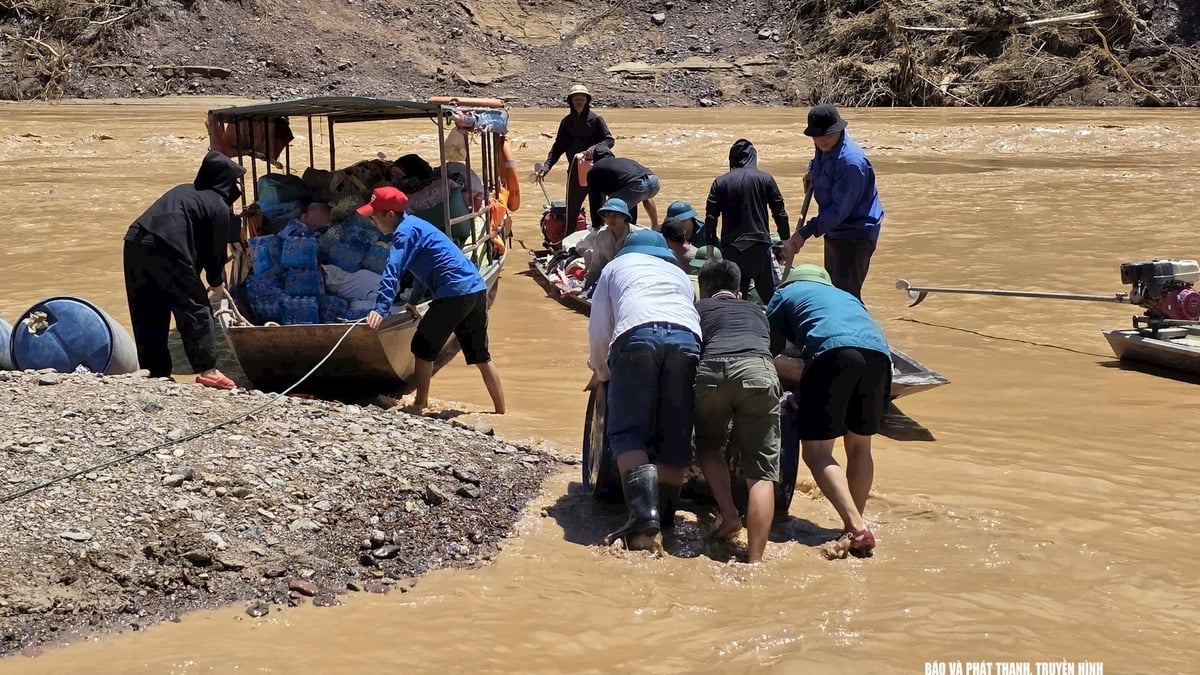
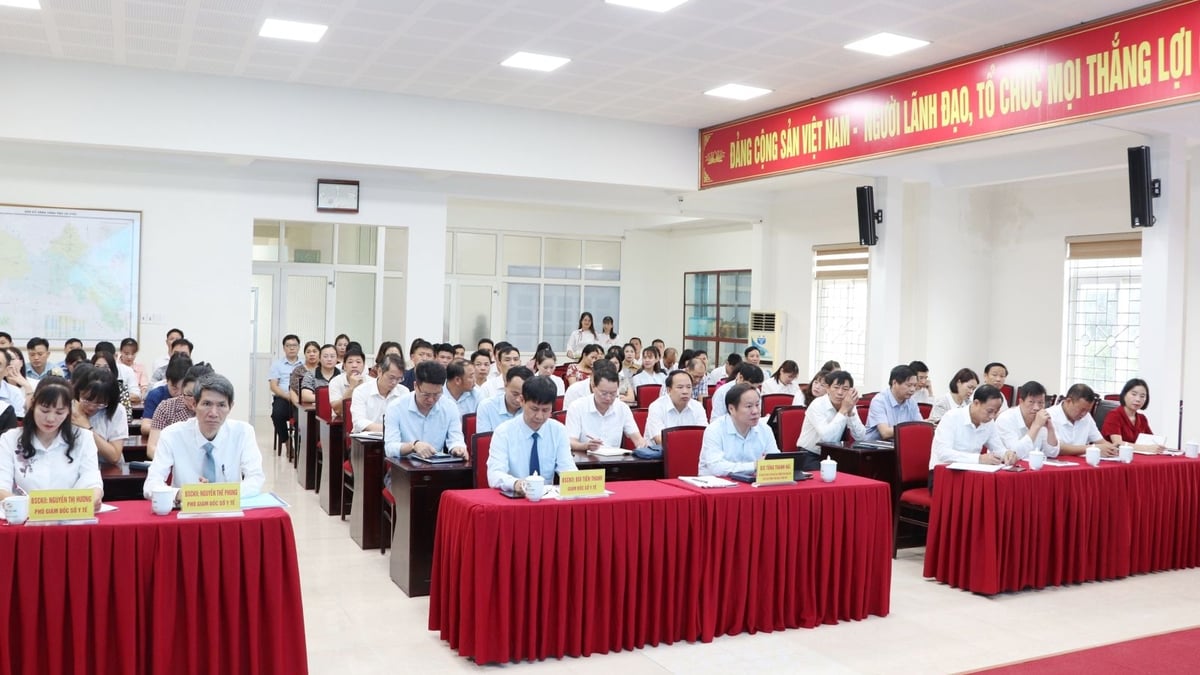
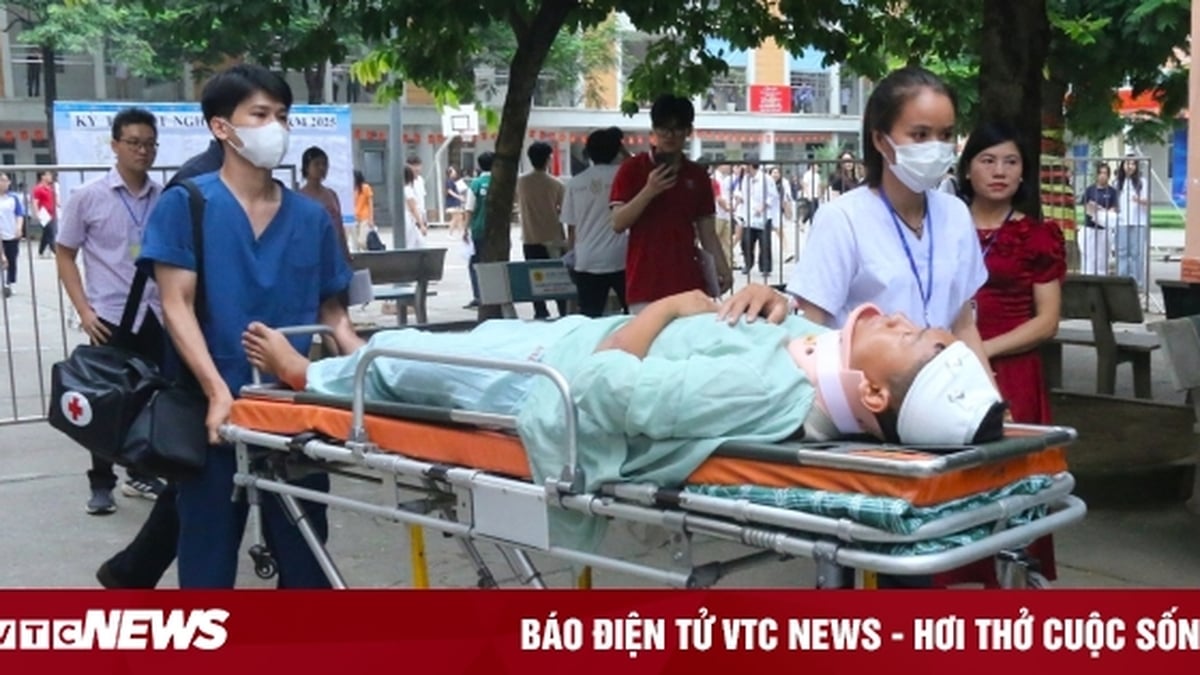



































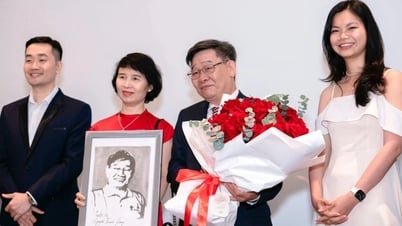


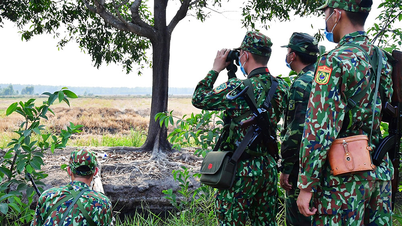




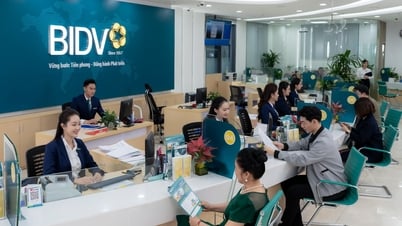

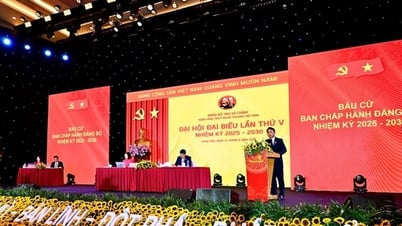

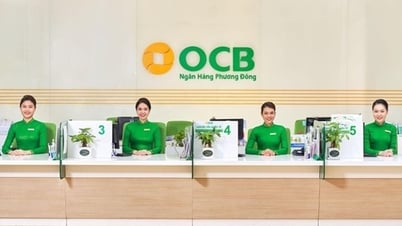



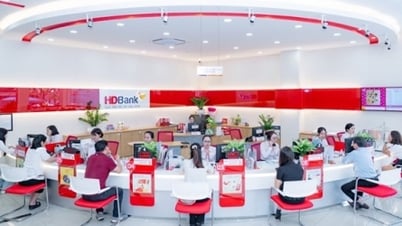
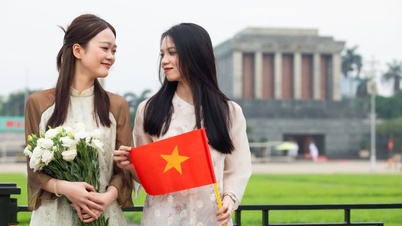






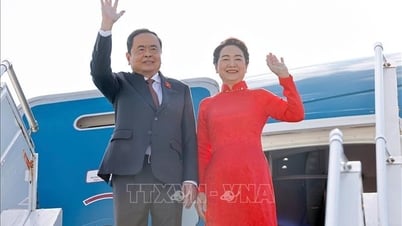

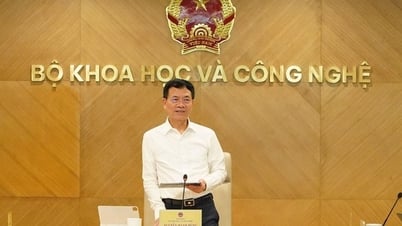




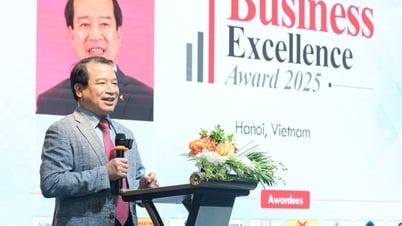

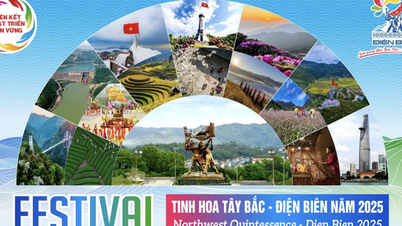








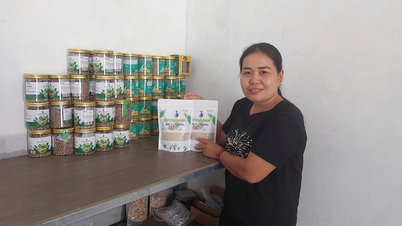











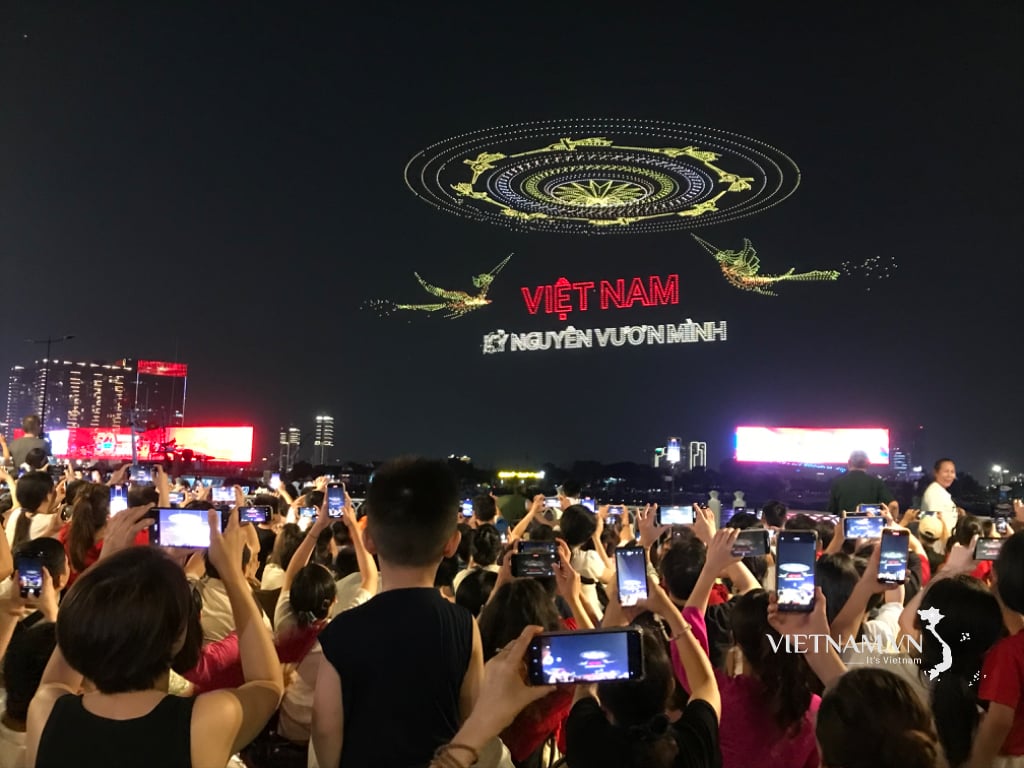

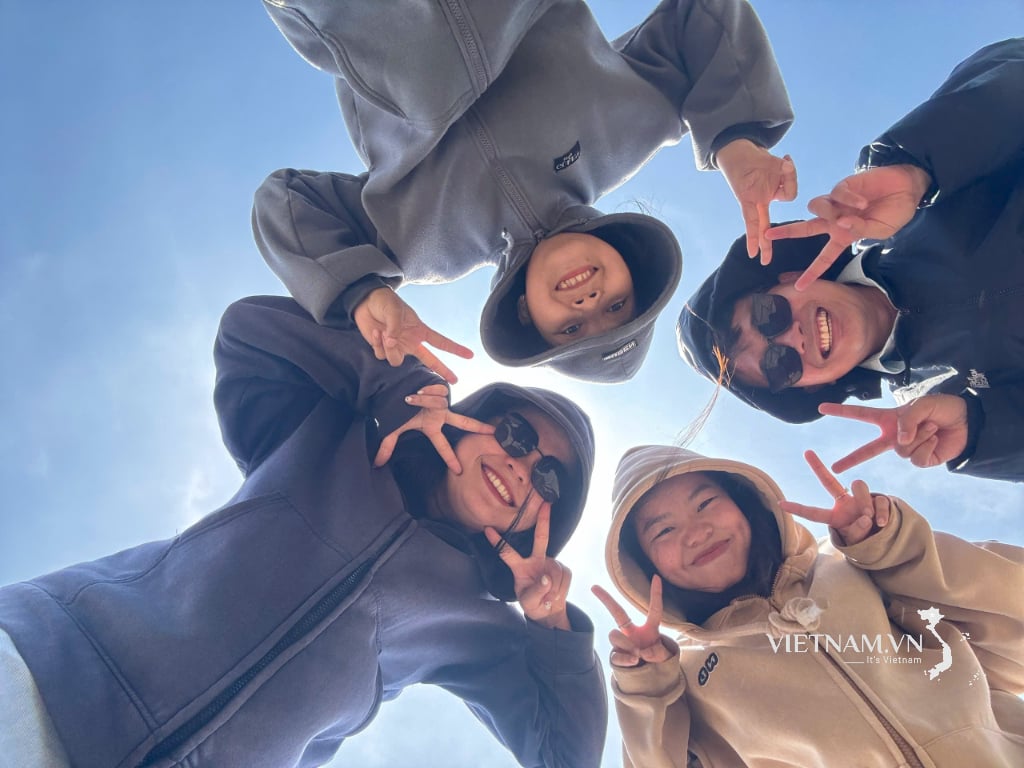
Comment (0)